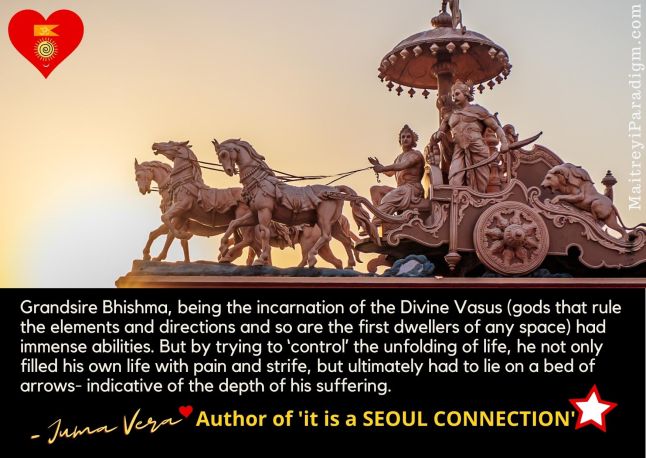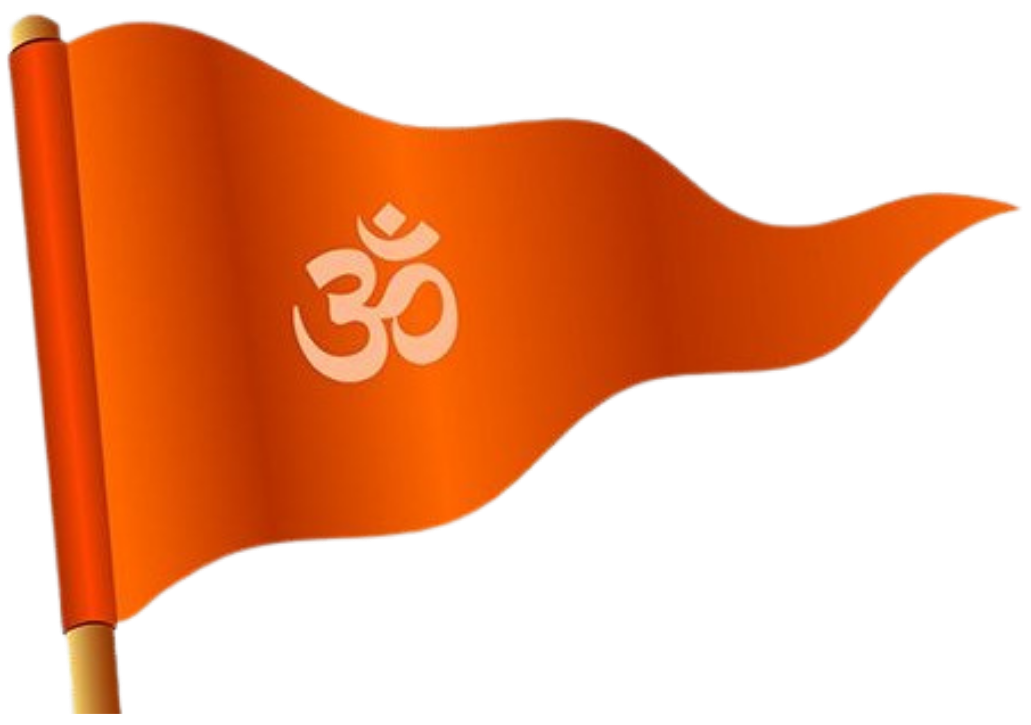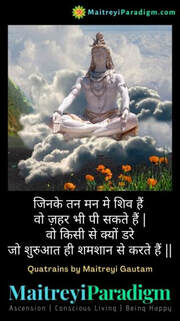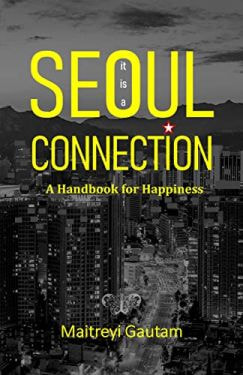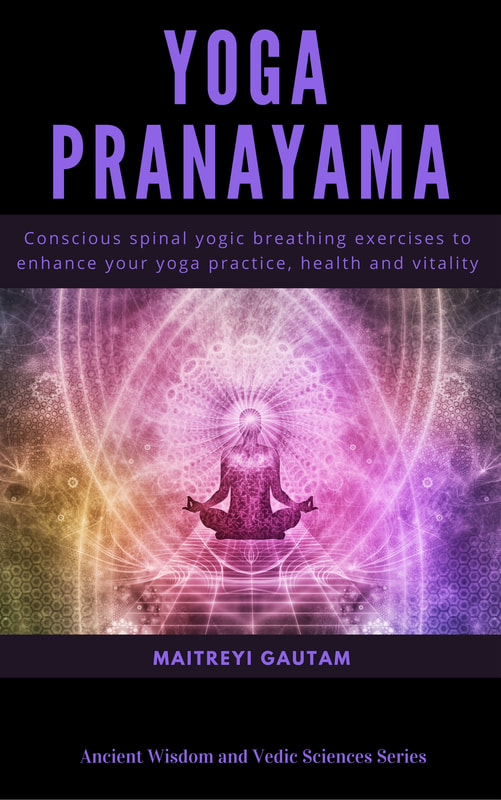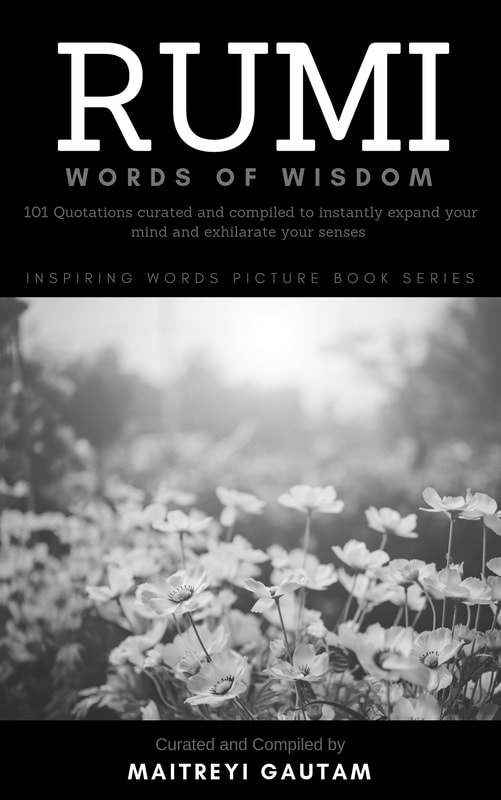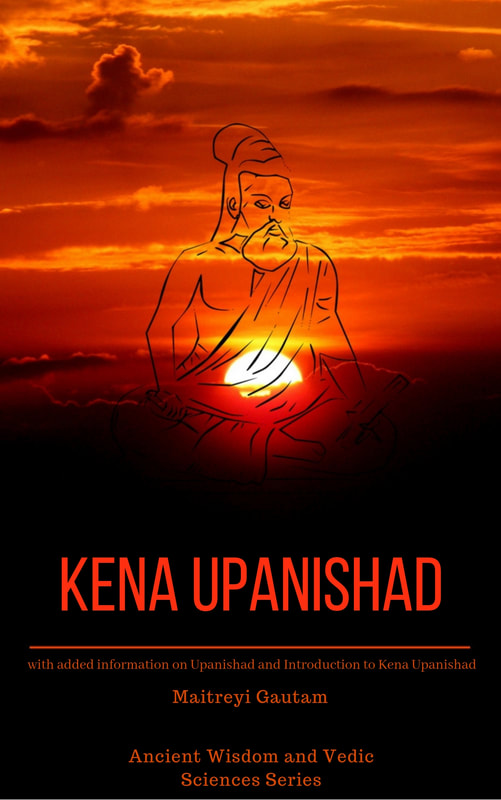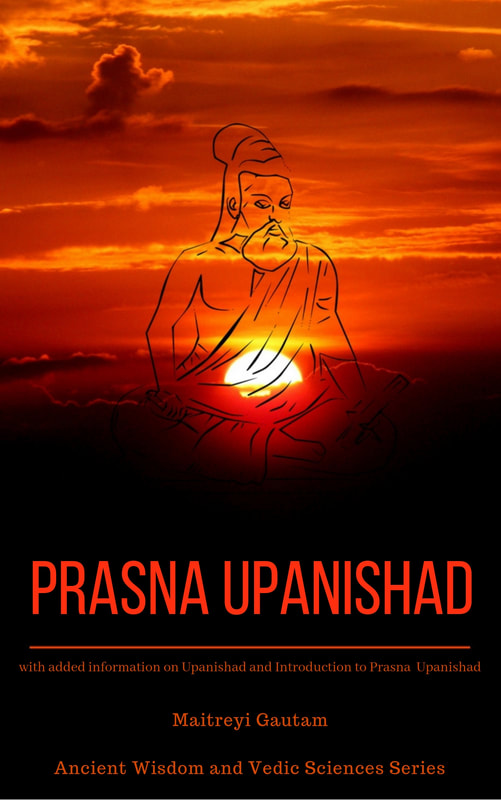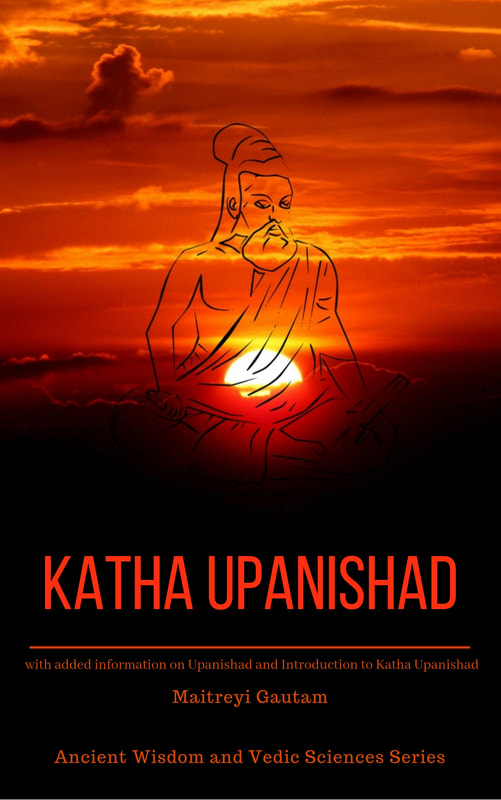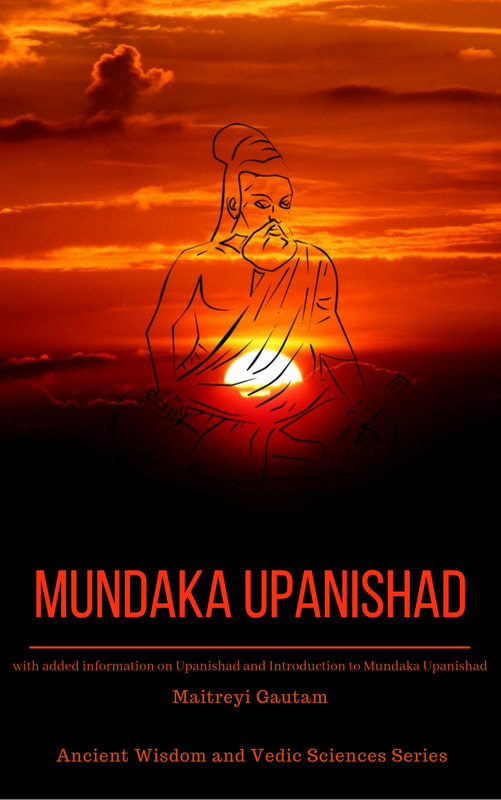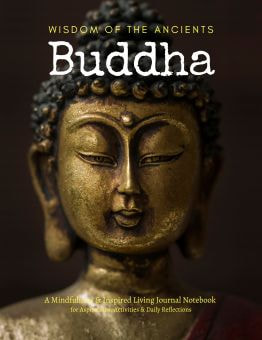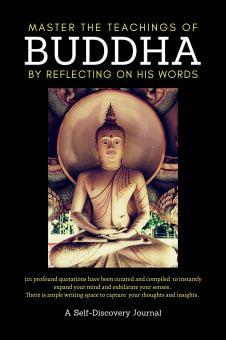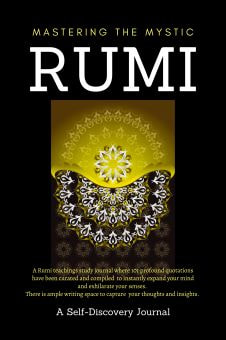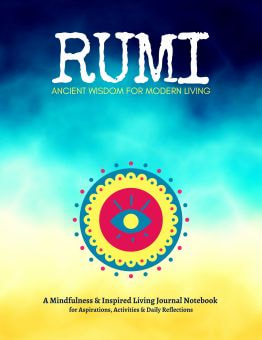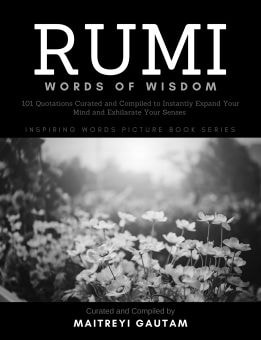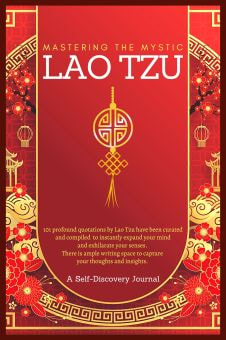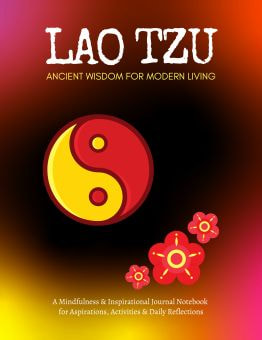Pitamaha Bhishma (also written as Bheeshma), as he was lovingly called by both the Pandavas and the Kauravas, was one of the Ashta (eight) Vasus that had to be incarnated in a human form as a result of a curse. The divine beings- Ashta Vasus had tried to steal the celestial cow Kamadhenu from Rishi Vashita and as a result were cursed by him to incarnate as human-beings on earth and suffer the fate of a mortal life!
So, when Divine Goddess Ganga decided to incarnate on earth to marry King Shantanu (as per another key legend), the eight Vasus pleaded her to be their mother and release them from the sin of having stolen property from a brahmana (learned sage). To help out the Vasus, Goddess Ganga gave birth to a mortal human baby and then drowned them in her river-water to release them from their sin (mukti).
Finally, when it came to releasing the Vasu who was truly responsible for stealing the celestial cow, Goddess Ganga was stopped by the King and this eight-child had to inevitably continue to live on the human plane and pay for his sins. This Vasu in the human-form was known as Devaratha and later after his gigantic/colossal promise (known as the Bhishma Pratigya), he was known as "The Bhishma".
So, when Divine Goddess Ganga decided to incarnate on earth to marry King Shantanu (as per another key legend), the eight Vasus pleaded her to be their mother and release them from the sin of having stolen property from a brahmana (learned sage). To help out the Vasus, Goddess Ganga gave birth to a mortal human baby and then drowned them in her river-water to release them from their sin (mukti).
Finally, when it came to releasing the Vasu who was truly responsible for stealing the celestial cow, Goddess Ganga was stopped by the King and this eight-child had to inevitably continue to live on the human plane and pay for his sins. This Vasu in the human-form was known as Devaratha and later after his gigantic/colossal promise (known as the Bhishma Pratigya), he was known as "The Bhishma".
As a result of the Bhishma Pratigya, which helped his father to marry the woman of his choice, his father- King Santanu blessed him with the ability to choose his time of death (called as iccha-maran). Subsequently, he made another pratigya, where he promised his mother (the Queen of Hastinapur) that he would remain alive and protect the kingdom, until the time that its safety and wellbeing was truly ensured.
Grandsire Bhishma’s life was full of pain and strife. He was caught in the web of his own promises, which even though he had made in good-faith, they resulted in terrible outcomes- where ultimately the situation deteriorated to the point of leading to the Maha Bharat war- the great epic war between the truth and un-truth!!
Shukla Paksha Ashtami in the Vedic lunar month of Magha is known as Bhishma Ashtami. This is the day that Bhishma is believed to have left for his heavenly abode.
There is a lot we can learn from The Maha Bharat as well as the life of Grandsire Bhishma. Even though we may want to ‘force’ a certain outcome, but we never know if it will ultimately lead to good or evil. So, instead of ‘forcing’ outcomes, it is important to do one’s very best in any given situation- towards reaching the goal that we aspire towards… but we need to let go of our attachment to the fruits of our action. It is important to do our actions as ‘a-karm’.
If you are not familiar with the concept of a-karm, then please check out Karma Yoga- The Yoga of Non-action
Grandsire Bhishma’s life was full of pain and strife. He was caught in the web of his own promises, which even though he had made in good-faith, they resulted in terrible outcomes- where ultimately the situation deteriorated to the point of leading to the Maha Bharat war- the great epic war between the truth and un-truth!!
Shukla Paksha Ashtami in the Vedic lunar month of Magha is known as Bhishma Ashtami. This is the day that Bhishma is believed to have left for his heavenly abode.
There is a lot we can learn from The Maha Bharat as well as the life of Grandsire Bhishma. Even though we may want to ‘force’ a certain outcome, but we never know if it will ultimately lead to good or evil. So, instead of ‘forcing’ outcomes, it is important to do one’s very best in any given situation- towards reaching the goal that we aspire towards… but we need to let go of our attachment to the fruits of our action. It is important to do our actions as ‘a-karm’.
If you are not familiar with the concept of a-karm, then please check out Karma Yoga- The Yoga of Non-action
This is the message that was brought to us by Lord Krishna in the Bhagavad Gita. These were the teachings he (Lord Krishna) gave to the Pandava brother and the great warrior Arjun, on the Maha Bharat battlefield.
As the war progressed, Bhishma was mortally wounded and laid on a bed of arrows, but he was not able to let go of his human-incarnation, as the war was still going on and he had promised his mother and queen of Hastinapur, that he would continue to live until the kingdom was secured and assured of just and able King.
Grandsire Bhishma, being the incarnation of the Divine Vasus (gods that rule the elements and directions and so are the first dwellers of any space) had immense abilities. But by trying to ‘control’ the unfolding of life, he not only filled his own life with pain and strife, but ultimately had to lie on a bed of arrows- indicative of the depth of his suffering.
As we read about this legend of Grandsire Bhishma, I hope that we all can learn from his life.
It is important to not covet and grab something that is not ours!! The original reason that the divine Vasus had to be born on this earth… and along with that it is important to remember that only our actions, our efforts are in our hands. If we are striving for some goal or accomplishment, then we should obtain all the required talent, put in all the needed work and efforts… BUT the final outcome, i.e., the destiny is not in our hands. It is as a result of a complex-karmic algorithm. We can never control or determine the final result of our actions or the unfolding of any situation.
As the war progressed, Bhishma was mortally wounded and laid on a bed of arrows, but he was not able to let go of his human-incarnation, as the war was still going on and he had promised his mother and queen of Hastinapur, that he would continue to live until the kingdom was secured and assured of just and able King.
Grandsire Bhishma, being the incarnation of the Divine Vasus (gods that rule the elements and directions and so are the first dwellers of any space) had immense abilities. But by trying to ‘control’ the unfolding of life, he not only filled his own life with pain and strife, but ultimately had to lie on a bed of arrows- indicative of the depth of his suffering.
As we read about this legend of Grandsire Bhishma, I hope that we all can learn from his life.
It is important to not covet and grab something that is not ours!! The original reason that the divine Vasus had to be born on this earth… and along with that it is important to remember that only our actions, our efforts are in our hands. If we are striving for some goal or accomplishment, then we should obtain all the required talent, put in all the needed work and efforts… BUT the final outcome, i.e., the destiny is not in our hands. It is as a result of a complex-karmic algorithm. We can never control or determine the final result of our actions or the unfolding of any situation.
Continue reading...
| |

